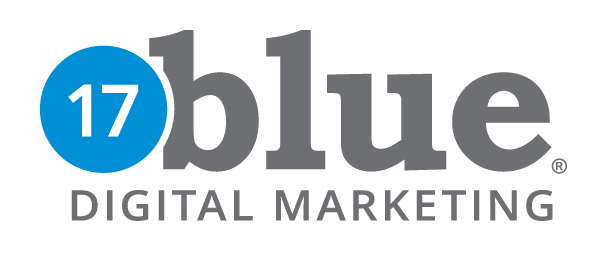As a small business owner, you face so many responsibilities – from serving clients, to meeting payroll, to managing the crisis du jour. When you’re already juggling so much, you’d probably rather not add tax planning to the list, but thinking ahead can help at tax time. Consider taking advantage of the following write-offs to brighten your tax picture before the year ends:
Purchase Equipment. If your business could use new computers or office equipment, you can get a nice tax break by acquiring them now. As long as you begin using your new purchase by December 31st, you can deduct the entire cost on your 2015 return. IRS Section 179 allows businesses to deduct the total cost of qualifying equipment from their gross income, up to a maximum first-year write-off of $25,000. While this can result in a substantial tax savings, remember that your Section 179 deduction cannot exceed your net taxable business income.
Pay Outstanding Invoices. If your business relies on cash-basis accounting, you can deduct all of the payments made by December 31st. Cleaning up your accounts payable prior to the end of the year will not only help your tax picture but your balance sheet, as well.
Set Up A Qualified Retirement Plan. Reduce your tax burden while setting aside funds for retirement by adopting a qualified retirement plan, such as a 401(k) or profit-sharing. As long as you establish the plan by the end of the year, you’ll have until the due date of your 2015 return to make tax-deductible contributions.
Pay Your Dues. If you’ve been thinking of joining any new business organizations, now is the time. Sign up and pay your dues by the end of the year to earn a tax deduction.
Order Next Year’s Supplies. Stock up on office and cleaning supplies for next year. Again, if you operate on a cash-basis, you’re entitled to take the deduction now – even if you don’t use the items for months. Printer and copier paper, labels, and business checks aren’t going to spoil, so purchase them now and enjoy the tax savings.
Give Employee Bonuses. If your business uses cash-basis accounting, bonuses must be paid by the end of the year. Companies operating on an accrual basis must declare bonuses by December 31st, but they have until March 15, 2016 to actually pay them. However, bonuses given to business owners are only deductible when paid.
Give Charitable Donations. Your business can deduct cash donations given to IRS-recognized charities. In addition to cash, you can also contribute inventory to charitable causes. Donations must be made by December 31st.
IRS regulations are incredibly complex, and navigating the tax code is a challenge for every small business owner. If you have any questions about a particular deduction, be sure to consult your tax adviser. Make the right financial moves before the end of the year, and look forward to a smaller tax bill in 2016.





